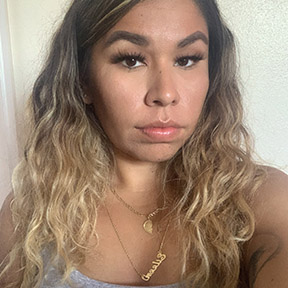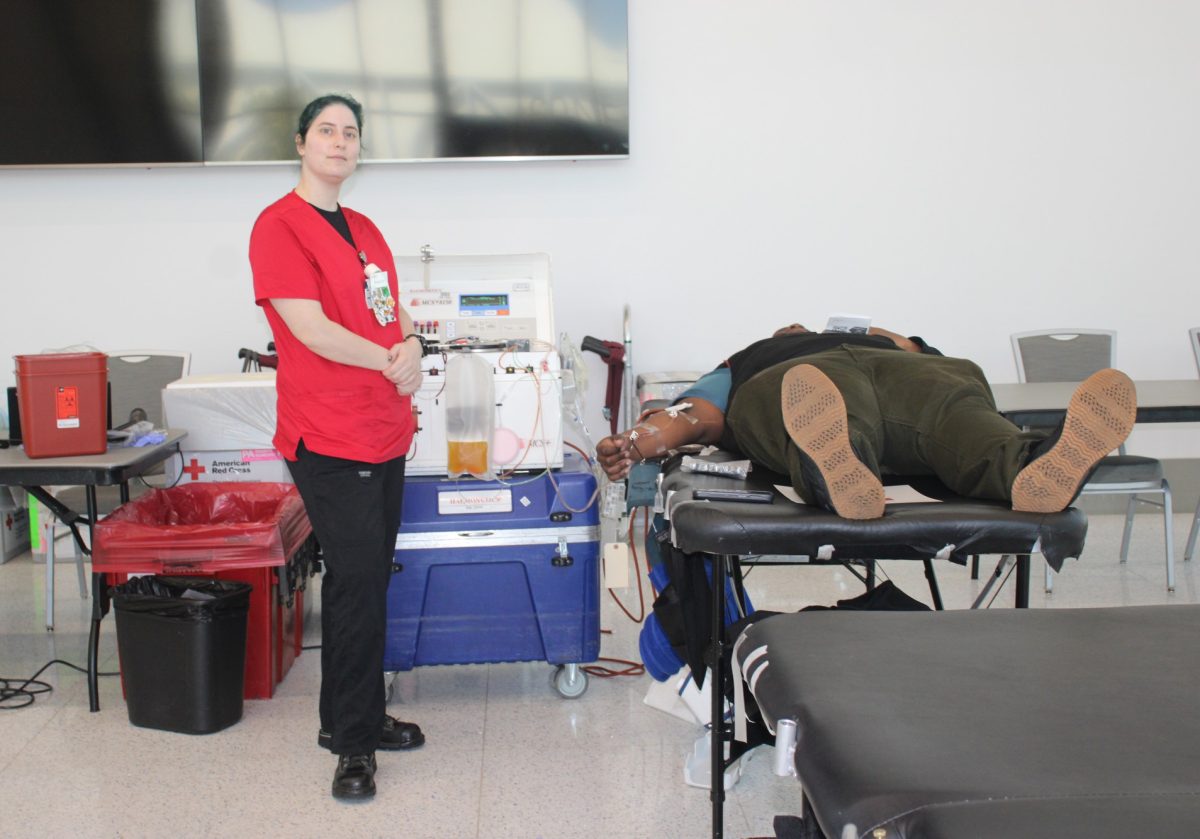World Mental Health Day, on Oct. 10, occurred at a time when our lives have been drastically changed by COVID-19 and filled with a new set of challenges. Given these unique and difficult circumstances, mental health is more crucial than ever.
According to the CDC, there was a considerable increase in symptoms of anxiety and depressive disorders between April and June of 2020 when compared to the same time frame in 2019.
In a survey conducted amongst adults 18 years old and older across the U.S. from June 24-30, 40.9% of participants reported at least one adverse mental or behavioral health condition including symptoms of anxiety or depressive disorder, symptoms of trauma and stressor related disorder connected to the pandemic and having started or increased substance use to cope with stress or emotions during the COVID-19 pandemic.
27 year old Monique Stanek, who is a first-time mom, has felt more anxious than usual as she keeps the pandemic in mind with everything she does.
“I rarely leave my house, and in the event that I do leave, I feel almost guilty because I feel like I can bring germs back home to my daughter,” she said.
Over the past few months, Stanek has had to figure out how to balance motherhood and working from home, which she admits hasn’t always been easy.
“I feel like I was great at being a mom and at my job, but when I combined the two I realized I was good at them individually but not simultaneously,” she said, “I had to adjust and manage my expectations when I went back to work and I’m still making adjustments daily. It’s hard to not feel like I’m not neglecting work or my daughter.”
Like Stanek, people across the globe have been affected by COVID-19 and forced to adjust to the new realities of online distance learning, working from home, being outside under strict and socially distant guidelines, unemployment and separation from family and friends.
For Juanito Jimenez, 26, the pandemic has led to increased feelings of anxiety, stress and depression due to forced isolation from loved ones and new rules and regulations in the workplace.
During times like these, it’s easy to feel hopeless and go through a range of emotions like anxiety, fear, depression, loneliness, grief and even suicidal thoughts.
However, what matters most is how we deal with these issues and that we seek help when necessary.
To cope with COVID-19, the National Institute of Mental Health suggests taking breaks from the news, taking care of your body, making time to unwind, connecting with others, setting goals and priorities and focusing on the facts.
Furthermore, WHO suggests keeping up with a daily routine like sleep or exercise, minimizing newsfeeds and reducing the time spent on social media and playing video games amongst other things.
When it comes to destressing, Stanek realized that as a mom she needed to find healthy coping mechanisms and has taken up hobbies such as tie dying, embroidery and other crafts.
She has also changed the way she starts her days. “In the mornings, I don’t turn on the TV immediately,” Stanek said, “Instead I listen to music or just sit in silence and try to prepare for the rest of the day.”
On the other hand, Jimenez exercises and plays basketball to take care of his mental health, which he says is important because it keeps him healthy in all aspects of life.
“When my mental health is in a downspin, it affects my personal relationships, work life, things that are important to me,” he said, “So keeping positive is a happier me.”
For further information and help on mental health, please visit the CDC or the NIH.

















